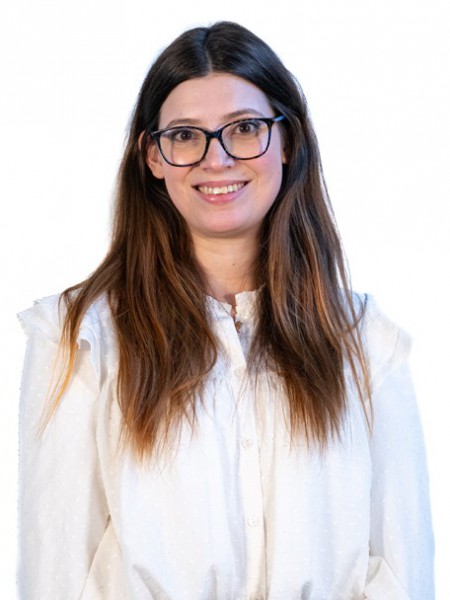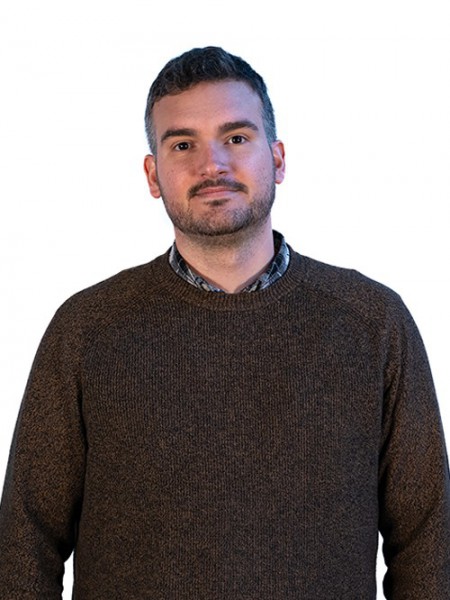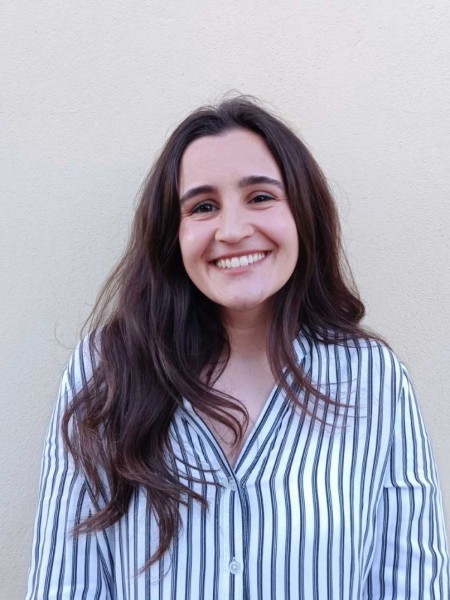abstract
Electroactive organic materials have received much attention as alternative electrodes for metal-ion batteries due to their high theoretical capacity, resource availability, and environmental friendliness. In particular, redox-active covalent organic frameworks (COFs) have recently emerged as promising electrodes due to their tunable electrochemical properties, insolubility in electrolytes, and structural versatility. In this Highlight, we review some recent strategies to improve the energy density and power density of COF electrodes for lithium batteries from the perspective of molecular design and electrode optimisation. Some other aspects such as stability and scalability are also discussed. Finally, the main challenges to improve their performance and future prospects for COF-based organic batteries are highlighted. We review some recent strategies to improve the energy density, power density and cycling stability of redox-active COF-based electrodes for rechargeable batteries from the perspective of molecular design and electrode optimisation.
keywords
CATHODE MATERIALS; RECHARGEABLE LITHIUM; ENERGY-STORAGE; ION; NANOSHEETS; CRYSTALLINE; POLYMERS
subject category
Chemistry
authors
Dantas, R; Ribeiro, C; Souto, M
our authors
Groups
G1 - Porous Materials and Nanosystems
G3 - Electrochemical Materials, Interfaces and Coatings
Projects
CICECO - Aveiro Institute of Materials (UIDB/50011/2020)
CICECO - Aveiro Institute of Materials (UIDP/50011/2020)
Associated Laboratory CICECO-Aveiro Institute of Materials (LA/P/0006/2020)
Collaboratory for Emerging Technologies, CoLab (EMERGING TECHNOLOGIES)
Redox-active Metal-Organic Frameworks as Electrode Materials for Lithium-Ion Batteries (RedoxMOFs)
acknowledgements
This work has received funding from the European Research Council (ERC) under the European Union's Horizon Europe Framework Programme (ERC-2021-Starting Grant, grant agreement no. 101039748-ELECTROCOFS). This work was developed within the project CICECO-Aveiro Institute of Materials, UIDB/50011/2020, UIDP/50011/2020 & LA/P/0006/2020, financed by national funds through the FCT/MEC (PIDDAC). This study was supported by the PRR - Plano de Recuperacao e Resiliencia and by the NextGenerationEU funds allocated at the University of Aveiro, as part of the Agenda for Business Innovation "New Generation Storage" (Project No. 58 with the application C644936001-00000045). We also thank FCT for funding the project with DOI: https://doi.org/10.54499/PTDC/QUI-ELT/2593/2021. This work has received financial support from the Xunta de Galicia (Centro singular de investigacion de Galicia accreditation 2019-2022, ED431G 2019/03), the Oportunius program (Gain) and the European Union (European Regional Development Fund - ERDF).




